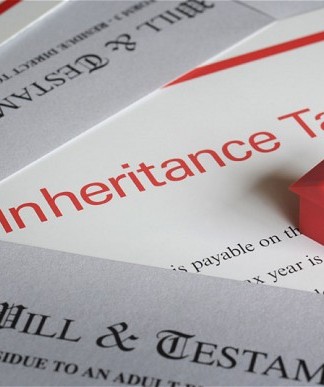Life insurance and payment protection plans are sound investments for your future, especially if you have a family. Most people understand how these products offer assistance and support for family and loved ones when the insured passes away. However, there are other, more immediate, ways a life insurance policy could help you directly. Some policies also allow you to borrow against it or cash out completely, although there may be significant penalties, while others turn into a pension by paying out to you once you reach a certain age.
“With the onset of the COVID-19 pandemic, I’m finding more people interested in estate planning and life insurance to protect their families or small businesses,” explains Richard Cayne of Meyer International. “However, it is because of the coronavirus that many companies are slowing down writing life insurance policies.”
Life insurance and income protection: now more than ever
It would seem logical that there is a greater interest in estate planning due to the COVID-19 situation globally. Economic uncertainties, as well as health and healthcare crises have hit home for most of us. And we want to make sure we have plans in place to take care of loved ones in case COVID strikes.
A life insurance policy may seem to be the easiest and quickest way to put such protection in place. However, as we discussed in other insurance articles, insurance companies are risk averse – they will charge you more or refuse to cover you altogether if you have health conditions or leady a risky lifestyle that may mean you will die soon. They want to avoid paying out for as long as possible. The longer you live, the longer they can hold onto their money. Cutthroat, but true.
COVID-19 may cause delays with your coverage
COVID-19 has thrown a spanner into the works by delaying the process even further. Because there are still so many uncertainties about this disease, life insurers are taking an extremely cautious approach. Especially in countries and regions with active rates of infections. Most companies will add extra steps if you answer “yes” to one or more of these types of questions:
- Have you had COVID-19 symptoms in the last month?
- Have you had to self-isolate in the last month?
- Have you tested positive for COVID-19 in the last month?
- Have you had confirmed contact with someone with COVID-19 in the last month?
Usually, these means you will have to self-isolate for a specific period and/or present a negative COVID-19 test after a said duration. The British Medical Association worked with the British insurers on guidelines that are very similar to others.
Act now while you can. Ask for help how.
Even if you are living in a relatively COVID-free location now, you should evaluate your life insurance cover, if any, and consider buying a policy for you and loved ones. With these additional hurdles that you may face, you may also want to consult with a trusted financial expert like Richard Cayne to ensure that you are getting the right coverage for you.















